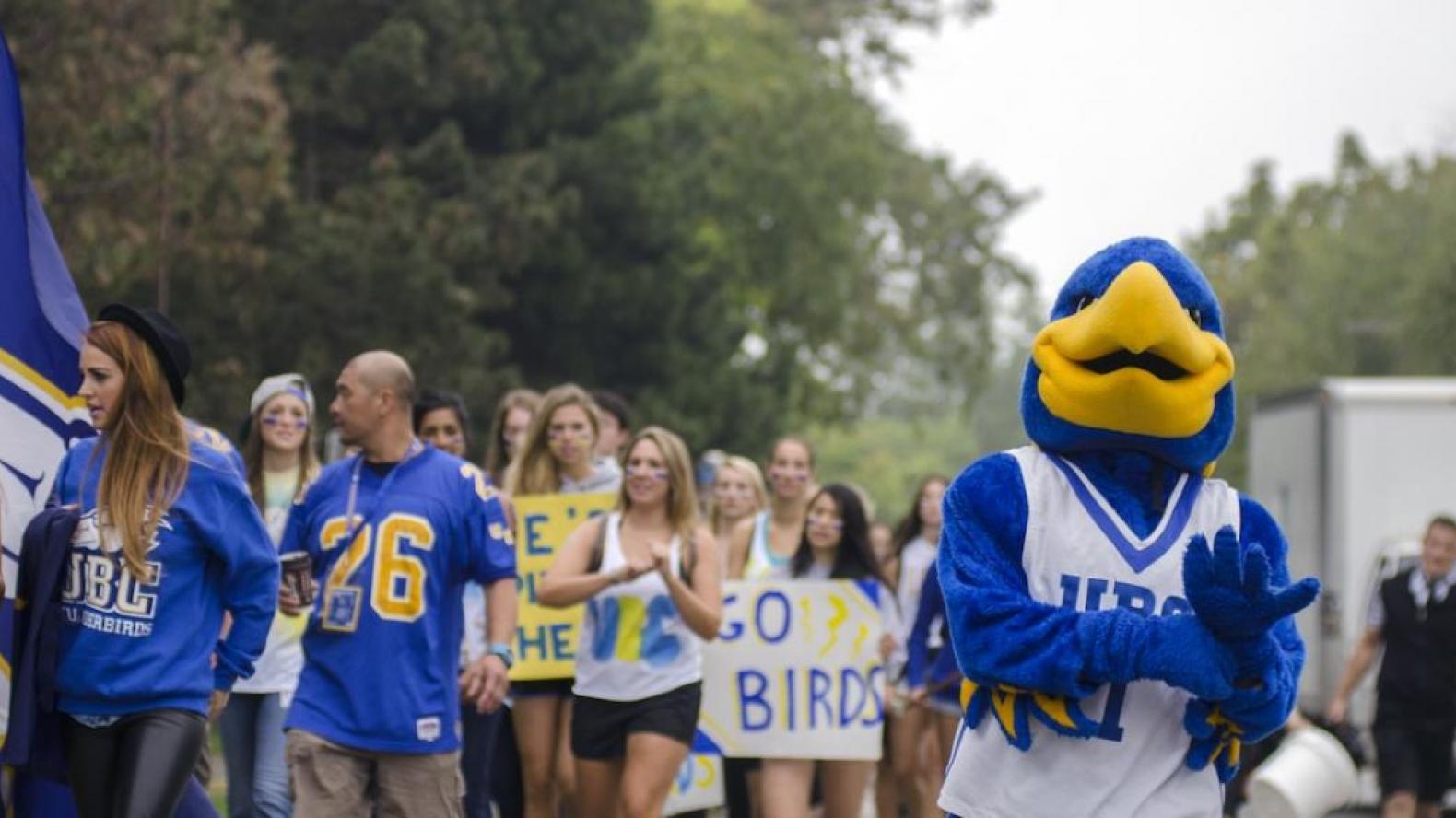
By Heather Amos
When it comes to thinking about how to make this world a greener, more sustainable place, sports may not be the first thing that jumps to mind. But in the world of athletics, there is an understanding that sport can be a powerful vehicle for change.
“Professional and collegiate sports teams and venues across North America are proving that developing sports greening programs and adopting more sustainable practices can have a positive impact on their brand, bottom-line and community,” says Martin Tull, executive director of the Green Sports Alliance. “Teams like the Seattle Mariners and Seattle Seahawks save over $100,000 and divert thousands of tonnes of waste from the landfill each year by implementing recycling and composting programs at their venues – and their fans are taking notice.”
From September 26-27 UBC’s Centre for Sport and Sustainability hosted its third Think Tank on sport and sustainability – universities as agents of change, a two-day conference that explores how sports can promote human and ecological well-being. The Vancouver Canucks, Seattle Mariners, Seattle Seahawks, BC Place, PNE, six U.S. and Canadian universities, and three municipalities are among those who attended the event.
Over the course of the two days, participants learned how buildings and venues can become more environmentally and financially sustainable, how the social connections made through sport contribute to a person’s overall health, how the carbon tax can influence the business case for sport, and how professional athletes can be a potent advocates for behaviourial change.
Can sports make the planet greener?
Researchers are studying the impacts of sport with a variety of techniques that promote environmental and social sustainability, and those working in the field are busy testing out ways to reduce their impact on a day-to-day basis.
“There is a sense of responsibility among sport organizations and academics that we need to both improve our understanding of the sustainability implications of sport and find practical ways to address issues like the carbon footprint of stadiums and spectator travel,” says Matt Dolf, a Kinesiology PhD student working with the Centre for Sport and Sustainability, which is hosting the conference along with UBC Athletics & Recreation, the UBC Sustainability Initiative, and the Green Sports Alliance.
“Bringing this mix of participants into the room together should lead to fruitful discussions on the way forward.”
Human well-being from sport
UBC Kinesiology professor Wendy Frisby presented her research on how participating in sport can boost a person’s social, physical and mental health. Her work focuses on those in our community who are least likely to participate in physical activity.
“A small percentage of Canadians are physically active enough to derive physical health benefits from sport,” says Frisby. “I focus on those other groups who include newcomers and those living below the poverty line.”
Frisby and students are collaborating with the Collingwood Neighbourhood House on a new project called INTERactive, which serves a community where 70 per cent of residents don’t speak English as their first language and many are new to Canada.
As a starting point, they are creating an inventory of physical activities already offered in the neighbourhood – everything from yoga classes to running groups. The community policing association recently held a “movie night to take back a local park” and incorporated a Zumba dance activity that engaged hundreds of community members. Frisby says that recent research shows that most people derive mental health benefits from physical activity if they are also making social connections.
“In Finland there is a great program where immigrant children are paired with Finnish children and they take turns teaching each other one of their traditional activities, says Frisby. “It is intercultural approaches like this that enrich a country’s physical culture.”